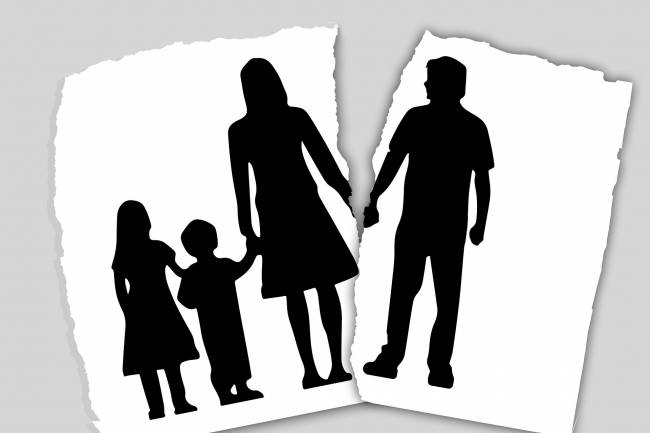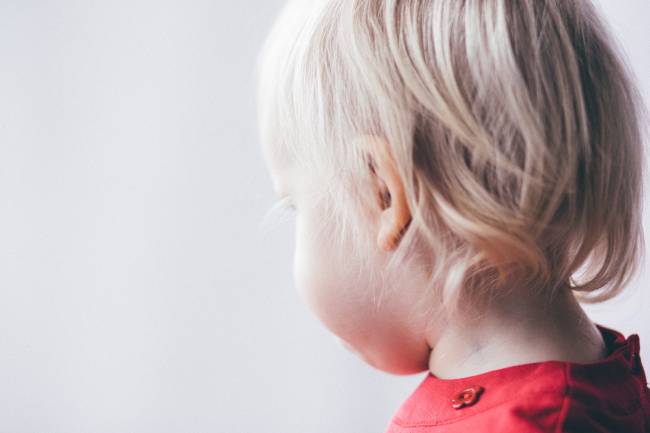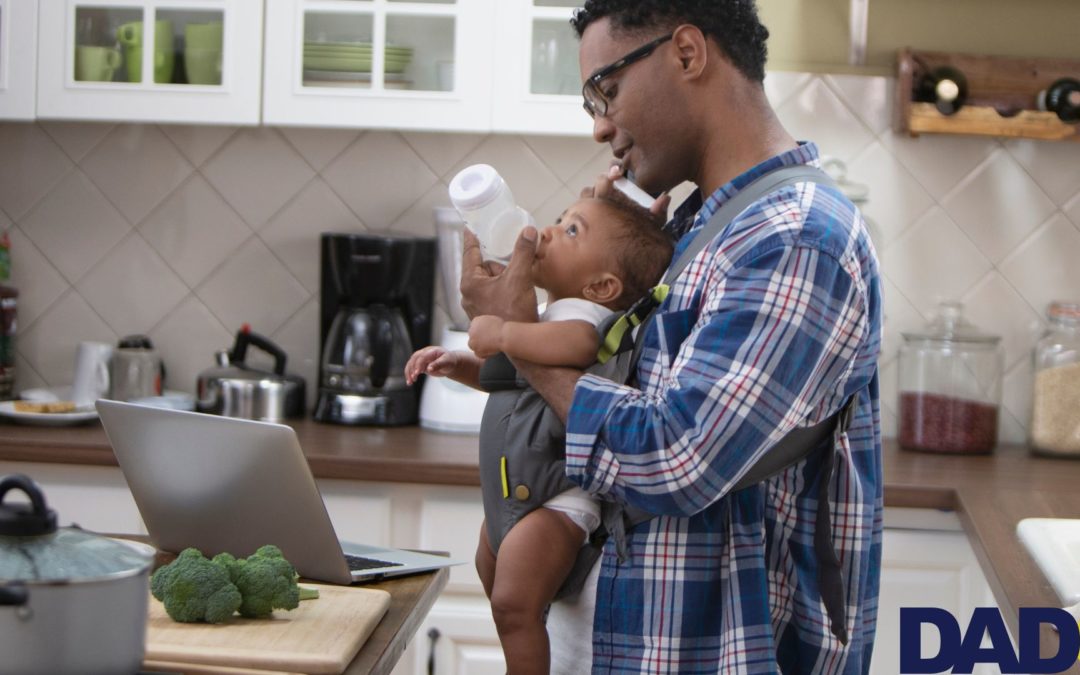
Image by Gerd Altmann from Pixabay
Divorcing? Separating? What about our kids? Getting the right advice, at the right time can make all the difference.
Wells Family Mediation work to enable couples to make practical arrangements for their own future and are sharing some of their top tips and suggestions with us here on Dad.info.
What is mediation?
Mediation is a process which helps families make decisions after separation or divorce and can give couples a safe space to work things through at their own pace. It can be an alternative to the traditional ‘court’ route.
In this first article we asked Wells Family Mediation to talk about:
MAKING OR CHANGING CONTACT ARRANGEMENTS

When you separate, one of the biggest decisions to make is where your children will live and how much time they will spend with each parent. There are no set ‘rules’ about child arrangements on separation. The law no longer talks about ‘custody,’ ‘access,’ or ‘primary carers’ – it simply states that parents have joint and equal ‘responsibility’ to meet their children’s needs. The family courts presume that parents know what is best for their children and leave them to make whatever arrangements they like. Of course, sorting out the practicalities can be difficult in the initial stages of relationship breakdown when emotions are running high. It is important to get the help you need to resolve things in such a way that your children will experience successful ‘shared’ co-parenting. The way in which issues are dealt with following a relationship breakdown will have a large impact on the parenting relationship for the future. The research is clear that children are affected by parental conflict and ‘split-parenting’ following separation.
Should my child be involved?
Nikki Brauer, Partner at Wells Family Mediation explains how a child inclusive mediation session can work…
You may wish to use a ‘parenting plan’ to help you to make joint decisions about contact and other specific issues upon separation, such as how you will communicate with each other moving forwards, and how you will work together to make decisions about school, bedtimes, homework, medical treatment, behaviour, course selections, careers advice etc.
If you cannot agree initial arrangements between you, or if something arises at a later stage, then mediation can help resolve disagreements with the guidance of a trained impartial professional. Mediation is not legal advice nor is it counselling. A mediator will listen to each person’s point of view and help you to work towards what is best for the children. The aim in mediation is to support parents to make the transition from parents who live together to parents who live apart but who have a successful ‘shared parenting’ relationship, even if you hold different views at the start. Mediation is available at any stage, with couples returning years after separation to discuss a specific issues such as; changes to weekly arrangements, schooling, or university costs.
If you cannot agree the arrangements between you then you may need to use a solicitor or the court, but these options should be seen as a last resort. Children from separated families thrive when they have close relationships with both parents – and when parents can communicate and work together to agree what is best.
About the Author
Juliette Shaw, previously a family solicitor and expert in family law matters moved on from a career handling high-profile and celebrity divorces when she retrained as a mediator in 2017.She helps couples going through separation and divorce to find their own tailor-made solutions to problems involving property, finances and children, avoiding the conflict, delays and costs associated with litigation.
Forum
Come over and talk on our forum where you will find others in your situation ready to share their experiences and support you.
If there is a topic you would like us to explore leave a request in the comments below.






